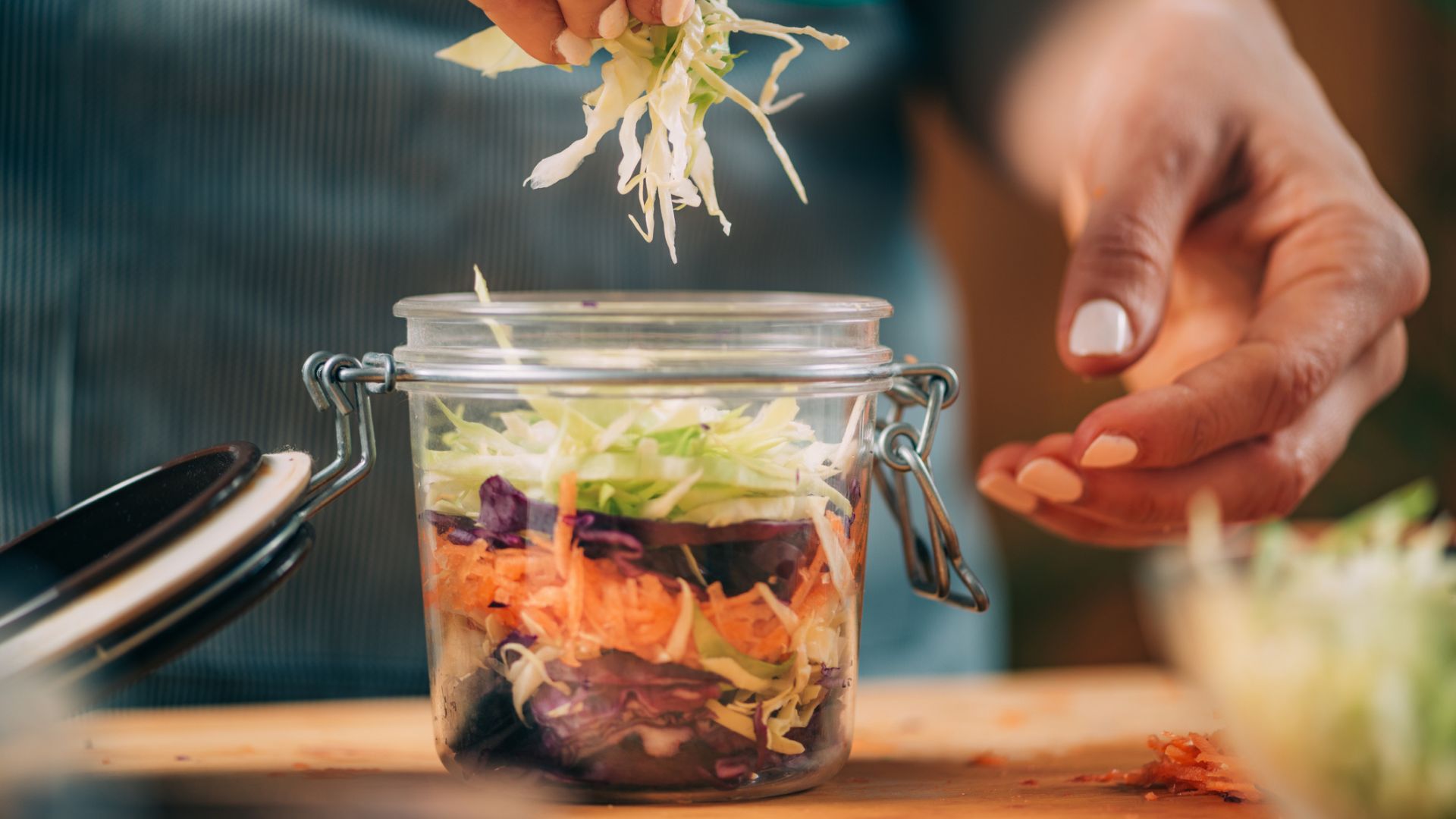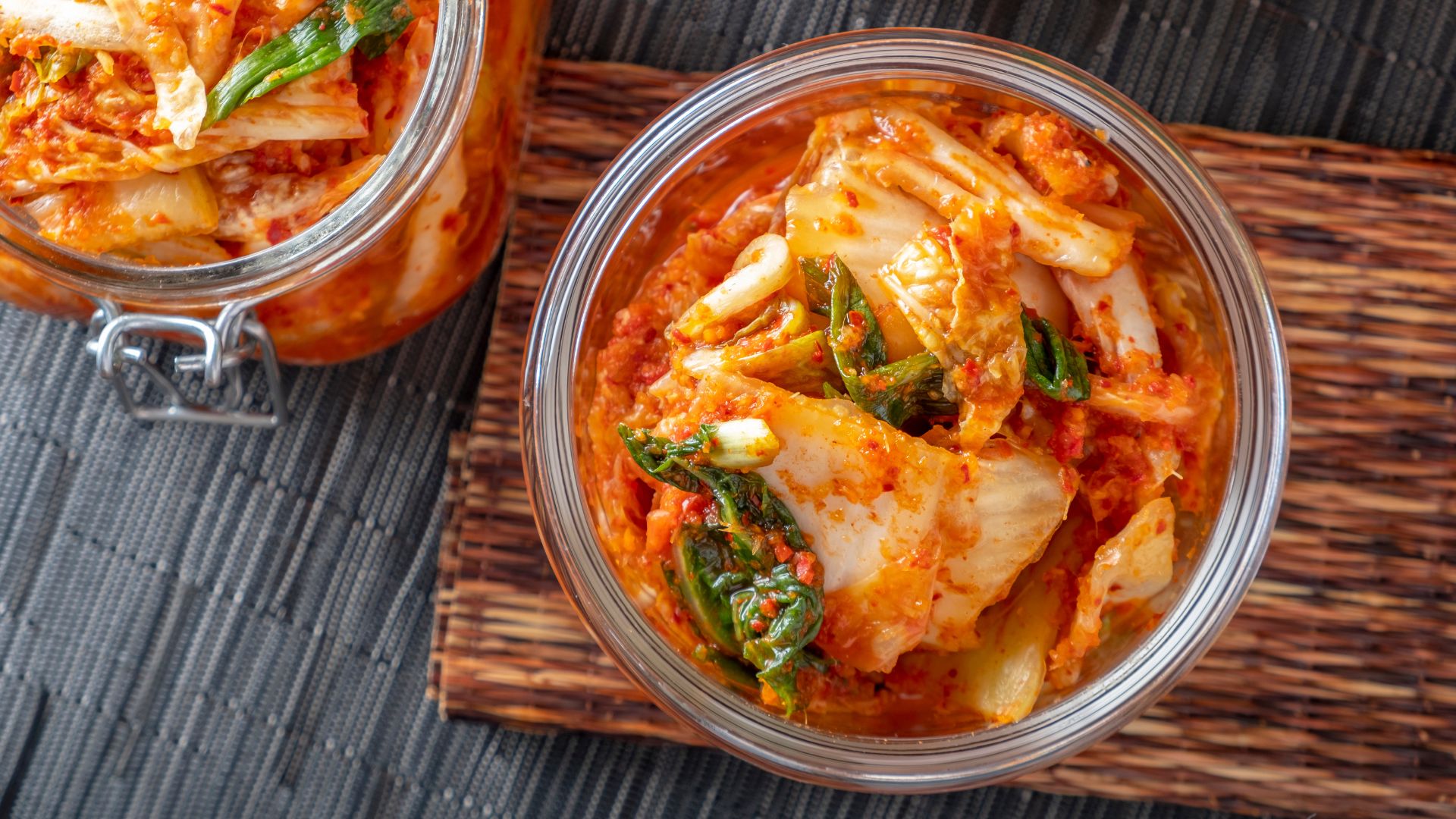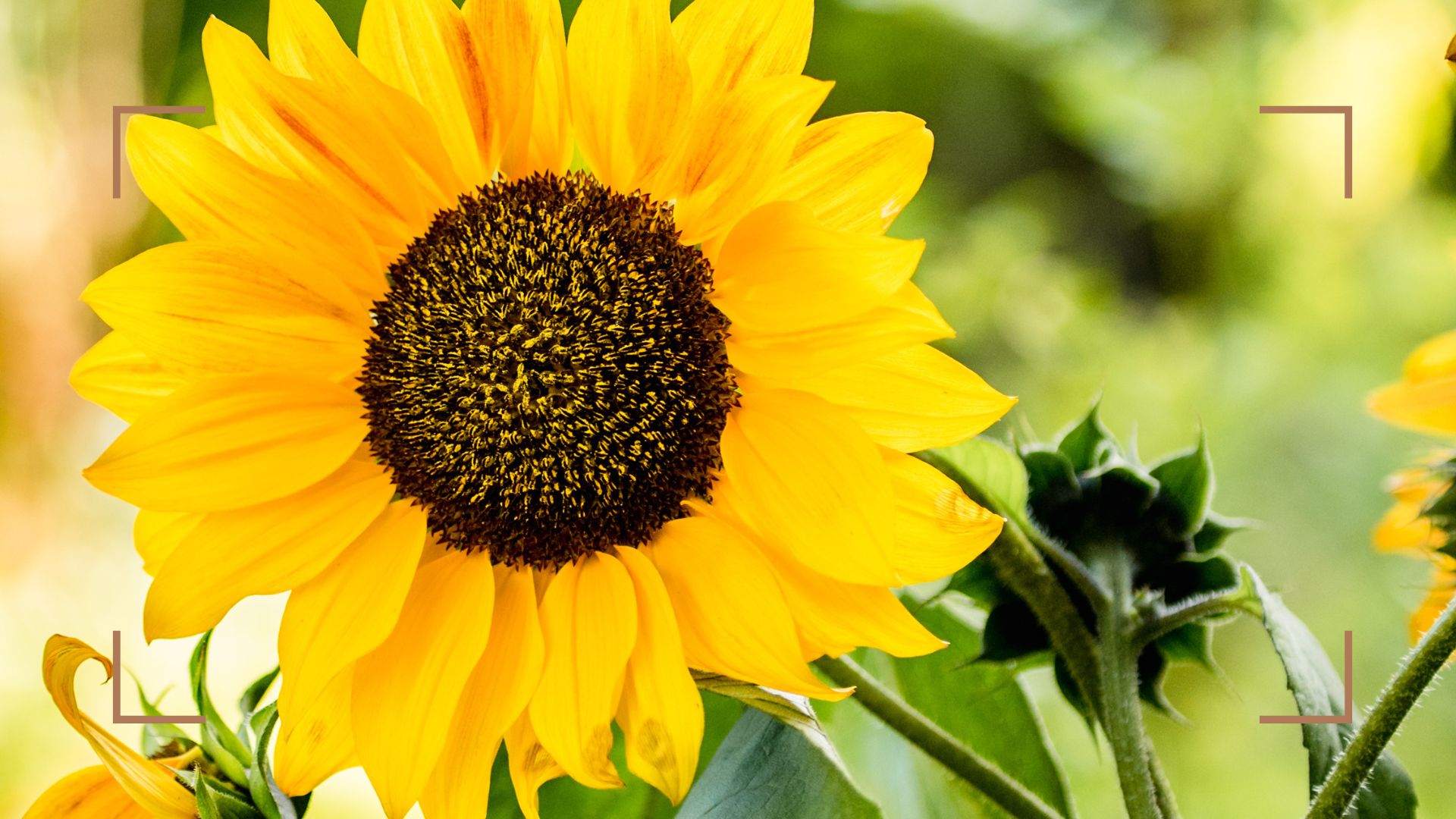A new study reveals which foods reduce stress in just four weeks - but here's what nutritionists really think
If you're wondering which foods reduce stress, there's an essential one you should add to your diet


It's always worth considering which foods reduce stress if you're looking for more ways to handle the pressures of life. We know that taking some of the strain away is the best way forward but that's not always possible, so we often reach for exercise and meditation to calm our muscles and minds - but what about the insides?
From our mental health to our immune system, stress can really impact every part of the body and it can be incredibly dangerous if it becomes chronic, so making sure we reduce our stress levels is pretty essential.
A new study published in Nature from APC Microbiome, the research center based at the University College Cork, suggests another way to do this: eating fermented foods. Known as a 'psychobiotic' diet, participants who rigorously ate fermented foods and foods high in fiber reported that they felt much less stressed than their counterparts in the study, who were following a standard balanced diet. Is this a new way to learn how to reduce stress and recover from burnout? Here's what two nutritionists think about eating to reduce stress, and how you can make it work for you.
Which foods reduce stress?
Fermented foods such as sourdough bread, kimchi, sauerkraut, and kefir yogurt, and foods high in fiber like leafy greens, whole grains, and beans, can have a real impact on the body's stress functions, says nutritionist Jenna Hope. "They contain live cultures and prebiotic fibers which help to nourish the gut by feeding the beneficial bacteria. This produces short-chain fatty acids such as acetate, butyrate, and propionate," she explains. "It’s believed that these short-chain fatty acids are associated with a wide range of health benefits such as improved mood, improved nutrient absorption, and better sleep to name a few.
These foods are also anti-inflammatory, nutritionist Dr Claire Shortt says, which is linked to lowering cortisol levels in the body. "Along with probiotic foods, which help feed our good gut bacteria, sources of protein and foods rich in magnesium, B vitamins, and omega-3s are also on this list."
But that's not all. Dr Shortt, who is also the lead scientist at FoodMarble, the world's first personal digestive breath tester and app, continues, "Foods high in healthy fats, or unsaturated fats, are commonly found in the Mediterranean diet and are well-linked to reducing inflammatory markers produced in the body. Green tea, dark chocolate, and berries are also full of antioxidants and protective plant compounds such as polyphenols, which help reduce inflammation."

Inflammation is a direct response to stress, studies from Second Medical Military University and Boston University School of Medicine confirm, as it's a physical reaction to the spike of adrenalin and cortisol hormones pumping through our body as directed by the sympathetic nervous system (SNS) when the fight-or-flight response is triggered. It's a fast-action switch that might save us from a threat, but when our stress levels are permanently high, many of the body's functions that aren't required for it don't work properly - such as our digestive, reproductive, and growth systems. Keeping inflammation, and stress in general, is vital for maintaining our overall health and foods like these can certainly help with this, our experts agree.
Sign up for the woman&home newsletter
Sign up to our free daily email for the latest royal and entertainment news, interesting opinion, expert advice on styling and beauty trends, and no-nonsense guides to the health and wellness questions you want answered.
However, as much as you should drink kombucha and supplement your breakfast with kefir yogurt, we shouldn't be putting all our eggs in one basket with this, they warn. While the other group followed a balanced diet and didn't see as many changes in their response to stress, that doesn't mean it's not important. "Eating a well-balanced diet at regular intervals throughout the day will help regulate cortisol levels in the body and in turn also help reduce inflammation," Dr Shortt says.
Our approach to stress should be a multi-angle approach, instead of just looking at what we eat. "Ensuring you are getting sufficient sleep, regular exercise, and rest, are all contributing factors in managing stress levels," she says.
List of stress-reducing foods
- Fermented foods: Sauerkraut, kimchi, tempeh, kefir yogurt, pickles, kombucha, miso, aged cheeses, apple cider vinegar, sourdough bread.
- High-fiber foods: Beans, lentils, kidney beans, broccoli, avocado, berries, apples, dried fruit, carrots, bananas, strawberries.
- High-protein foods: Lean meat like beef and lamb; poultry like chicken and turkey, fish and seafood, especially prawns, crab, and lobster; and dairy products like milk, yogurt, eggs, and cheese.
- Foods high in omega 3s: Fish like salmon, oysters, sardines, chia seeds, and olive oil.
- Foods high in unsaturated fats: Oils including peanut, or canola oil; avocado; nuts such as almonds, hazelnuts, and pecans; and seeds such as sesame and pumpkin.
Why are fermented foods good for you?
1. Fermented foods are high in vitamin C
When it comes to protecting our body from stress, vitamin C is essential. "The stress response takes a significant toll on the body and often requires an excess of nutrients to function," says nutritionist Hope. "As a result, chronic stress levels can lead to a nutrient deficiency in the body. Vitamin C and magnesium are vital for supporting the stress response and consequently, it's recommended to increase intakes of these during times of high stress."
It's the same reason why we take vitamin C supplements in the winter to protect against colds and flu - these are just another type of stress being put on the body.
2. They change the composition of microbes in the gut
We all want to know how to improve our gut health and while the psychobiotic diet has it's benefits, it can only cause small changes in the composition and function of gut microbes, says Hope. "However, we observed significant changes in the level of certain key chemicals produced by these microbes and some of these chemicals have been shown to have a positive effect on our mental health, which could potentially explain why participants on the diet reported feeling less stressed," she explains, pointing to earlier research by University College Cork.

3. They are high in fiber
As noted, high-fiber foods are also on the list of which foods reduce stress - and fermented foods are also naturally very high in fiber as well as being beneficial on their own for other reasons. This is because, according to research by Oslo Metropolitan University, fiber is harder to digest than many of the other macronutrients, and having more of it entering our bodies forces our gut to produce more enzymes to break it down. This results in the production of more short-chain fatty acids, which have a whole host of benefits on their own - like maintaining our metabolic rate.
"Plant foods high in fiber can help to nourish the gut bacteria which may help with moderating the impact of stress," confirms Hope.
4. Fermented foods can help to lower blood pressure
During the fermentation process of kimchi and many fermented foods on the list of which foods reduce stress, bacteria metabolizes the sugar in the vegetable into lactic acid and lactic acid produces something called conjugated linoleic acids, according to Saga University. This is what gives all types of fermented foods their slightly sour and acidic flavor. When it comes to lowering our blood pressure and all the benefits that come with it, like sleeping better and for longer, it's pretty essential.

Grace Walsh is woman&home's Health Channel Editor, working across the areas of fitness, nutrition, sleep, mental health, relationships, and sex. She is also a qualified fitness instructor. In 2025, she will be taking on her third marathon in Brighton, completing her first ultra marathon, and qualifying as a certified personal trainer and nutrition coach.
A digital journalist with over seven years experience as a writer and editor for UK publications, Grace has covered (almost) everything in the world of health and wellbeing with bylines in Cosmopolitan, Red, The i Paper, GoodtoKnow, and more.

